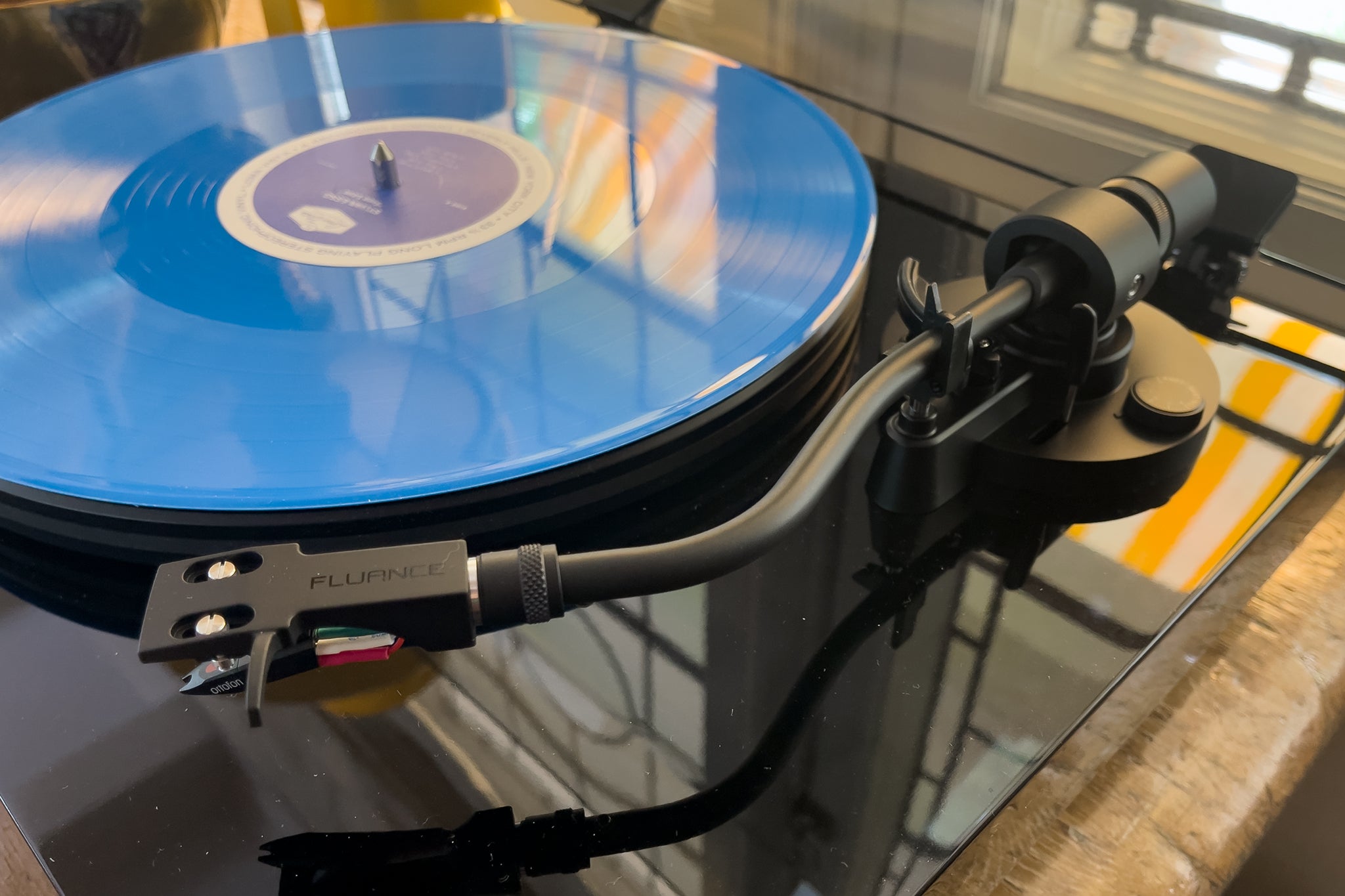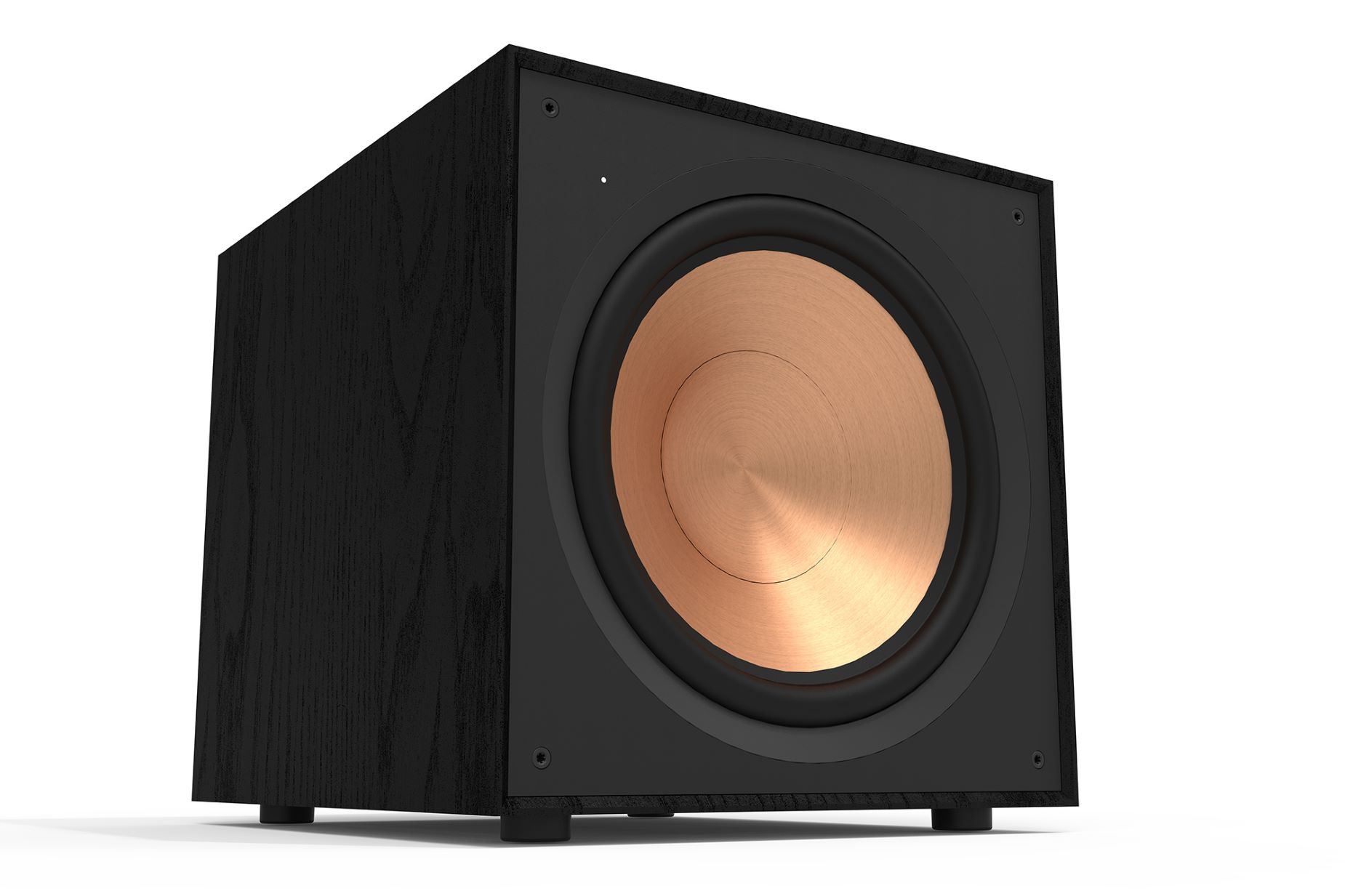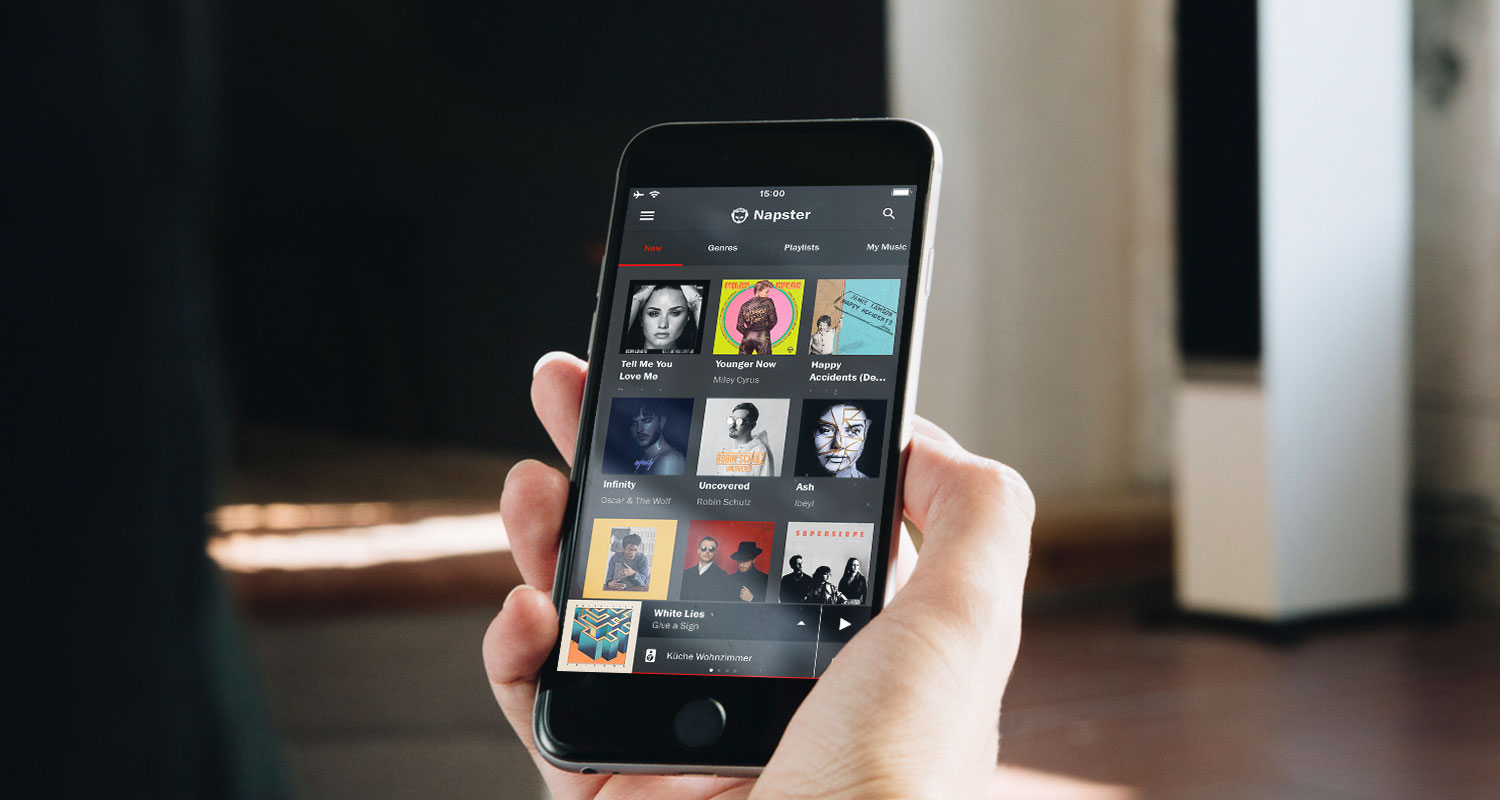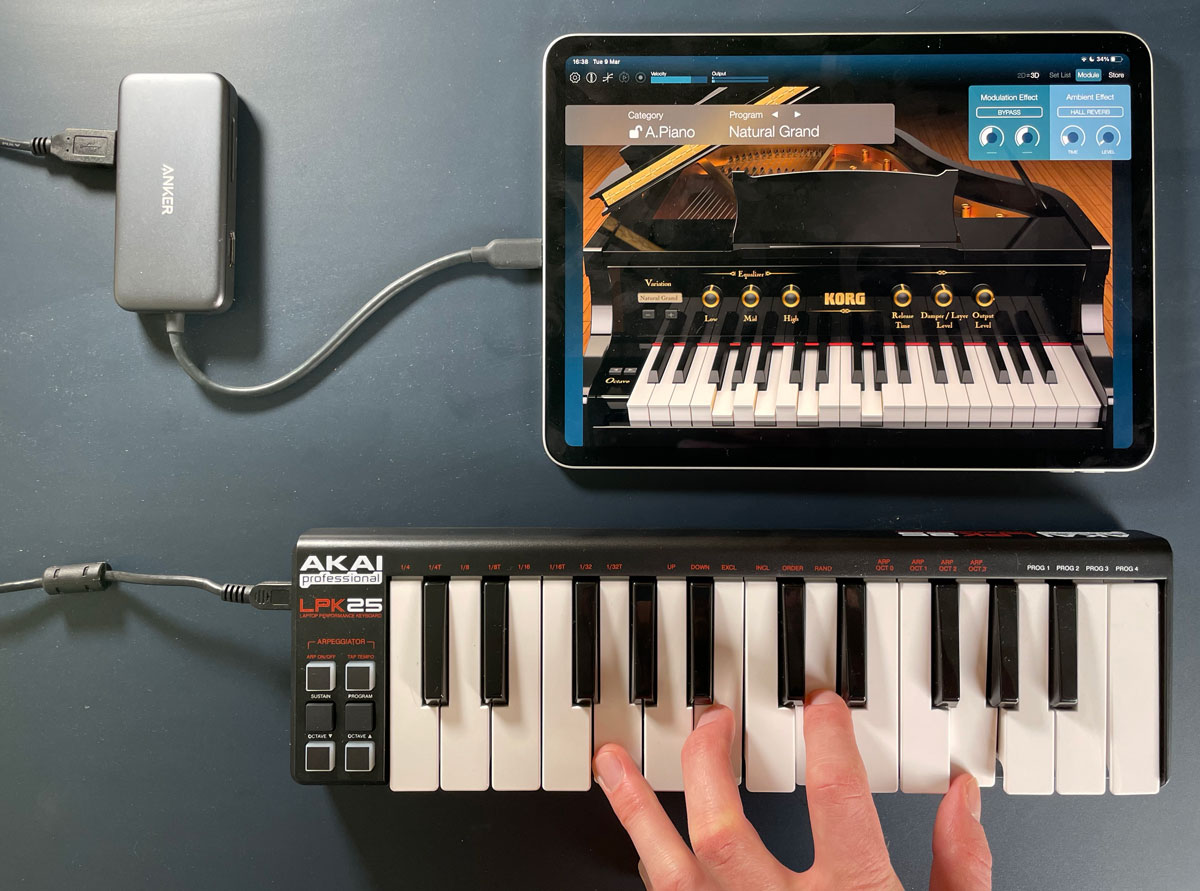Home>Devices & Equipment>Streaming>How Does Licensing For Music Streaming Work


Streaming
How Does Licensing For Music Streaming Work
Published: March 7, 2024
Learn how music streaming licensing works and the legal requirements for streaming services. Find out how to obtain licenses for streaming music.
(Many of the links in this article redirect to a specific reviewed product. Your purchase of these products through affiliate links helps to generate commission for AudioLover.com, at no extra cost. Learn more)
Table of Contents
Introduction
In today's digital age, music streaming has become an integral part of our daily lives. Whether we're working out, commuting, or simply relaxing at home, the ability to access a vast library of music at our fingertips has revolutionized the way we consume and enjoy music. However, behind the seamless experience of streaming lies a complex web of music licensing agreements that ensure artists, songwriters, and music publishers are fairly compensated for their work.
As music enthusiasts, we often take for granted the intricate process that enables us to stream our favorite tunes effortlessly. From securing the rights to a song to distributing royalties, the journey of a song from the studio to our headphones involves a series of legal and financial transactions that form the backbone of the music streaming industry.
In this article, we will delve into the world of music licensing for streaming, unraveling the mechanisms that govern the use of music in this digital landscape. By understanding the nuances of music licensing, we can gain a deeper appreciation for the artistry behind the music we love and the intricate framework that supports its dissemination. So, let's embark on a journey to explore the fascinating realm of music licensing for streaming and uncover the essential components that make it all possible.
What is Music Streaming?
Music streaming refers to the digital distribution of audio content over the internet, allowing users to access and listen to music in real time without the need for downloading the files to their devices. This innovative method of music consumption has transformed the way people enjoy and discover music, offering a vast and diverse catalog of songs at their fingertips.
Streaming platforms provide users with instant access to an extensive library of music, spanning various genres, artists, and eras. Whether it's classic rock, contemporary pop, or niche indie tracks, streaming services cater to a wide range of musical preferences, enabling listeners to explore new sounds and revisit old favorites with unparalleled convenience.
The seamless nature of music streaming allows for uninterrupted playback, eliminating the need to store large music files on devices. Instead, users can simply select a song or create personalized playlists, and the music is delivered to them in real time, enhancing the overall listening experience.
Furthermore, music streaming platforms often offer personalized recommendations and curated playlists based on users' listening habits, creating a tailored and engaging music discovery journey. This personalized approach not only introduces listeners to new artists and genres but also fosters a deeper connection with the music they love.
From a technological standpoint, music streaming leverages advanced audio compression and streaming protocols to deliver high-quality sound over various internet connection speeds. This ensures that users can enjoy their favorite tracks in crystal-clear audio, whether they're streaming at home, on the go, or even in areas with limited network coverage.
Overall, music streaming has redefined the way we engage with music, offering unparalleled accessibility, diversity, and personalization. It has become a cornerstone of modern music consumption, empowering listeners to immerse themselves in a world of musical expression and creativity with unprecedented ease and flexibility.
What is Music Licensing?
Music licensing is a crucial aspect of the music industry that governs the legal authorization for the use of copyrighted music. It serves as the foundation for ensuring that artists, songwriters, and music rights holders receive fair compensation when their music is utilized in various commercial and public settings. Through licensing agreements, individuals and organizations obtain the legal rights to use copyrighted music for specific purposes, such as public performance, broadcasting, synchronization with visual media, and digital streaming.
The process of music licensing involves obtaining permission from the rightful owners of the music, which may include the composers, lyricists, recording artists, and music publishers. These stakeholders hold distinct rights to the music, and obtaining their approval is essential for legally using their creative works. Music licensing encompasses a wide range of usage scenarios, each requiring specific permissions and agreements to ensure compliance with copyright laws and fair compensation for the creators.
In the context of music streaming, licensing plays a pivotal role in facilitating the availability of vast music catalogs on digital platforms. Streaming services must secure the necessary licenses to stream songs to their subscribers, thereby compensating the rights holders for the use of their music. These licenses define the terms of usage, royalty payments, and reporting requirements, establishing a transparent framework for the streaming of copyrighted music.
Moreover, music licensing extends beyond streaming platforms to encompass a diverse array of industries and establishments. From restaurants and retail stores playing background music to television networks featuring songs in their programs, each instance of music usage requires the appropriate licensing to ensure legal compliance and fair compensation to the creators.
Overall, music licensing serves as the legal bedrock that upholds the rights of music creators while enabling the widespread dissemination of music across various mediums and platforms. It embodies the principles of intellectual property protection and equitable compensation, fostering a harmonious ecosystem where music can be enjoyed, shared, and celebrated while respecting the rights of those who bring it to life.
How Does Licensing for Music Streaming Work?
Licensing for music streaming involves a multifaceted process that encompasses legal agreements, royalty payments, and the seamless integration of vast music catalogs into digital platforms. At its core, the licensing framework for music streaming revolves around securing the necessary rights from music creators and rights holders to stream their works to audiences worldwide.
When a streaming service seeks to include a song in its catalog, it must first obtain the appropriate licenses from the relevant rights holders. These rights holders typically include the songwriters, composers, music publishers, and recording artists, each of whom holds distinct rights to the music. Securing these licenses involves negotiating with rights organizations, such as performance rights organizations (PROs) and music publishers, to ensure that the streaming platform has the legal authorization to stream the music to its subscribers.
Once the necessary licenses are in place, the streaming service can integrate the licensed music into its platform, making it accessible to users for streaming. This integration involves meticulous cataloging and metadata management to accurately attribute the music to its rightful creators and ensure that royalty payments are allocated appropriately.
In terms of royalty payments, streaming services typically utilize complex algorithms and reporting systems to track the usage of each song and calculate the corresponding royalties owed to the rights holders. These royalties are distributed based on various factors, including the number of streams, subscriber activity, and regional usage patterns, reflecting the intricate nature of music consumption in the digital realm.
Furthermore, transparency and accountability are paramount in the licensing process, as streaming services are required to provide detailed reports and royalty statements to rights holders, outlining the usage and financial compensation associated with their music. This transparency fosters trust and fairness within the music industry, ensuring that creators receive equitable compensation for the streaming of their works.
Overall, the process of licensing for music streaming operates at the intersection of legal compliance, technological infrastructure, and financial transparency. It enables streaming platforms to offer a diverse and extensive music library to their users while upholding the rights and interests of music creators and rights holders. By navigating the intricate landscape of music licensing, streaming services play a pivotal role in connecting audiences with the artistry and creativity of musicians while honoring the legal and financial aspects that underpin the music industry's ecosystem.
Types of Music Licenses
Music licensing encompasses various types of licenses that govern the usage of copyrighted music across different platforms and mediums. Each type of license serves a distinct purpose and outlines the specific rights granted to the licensee, ensuring that music creators are fairly compensated for the utilization of their works. Understanding the different types of music licenses is essential for navigating the complex landscape of music usage and ensuring compliance with copyright laws. Here are the key types of music licenses:
-
Mechanical License: A mechanical license grants the rights to reproduce and distribute copyrighted musical compositions. It is commonly associated with the production and distribution of physical or digital copies of music, including CDs, vinyl records, and digital downloads. In the context of music streaming, obtaining a mechanical license is essential for the reproduction and distribution of songs to subscribers, enabling streaming platforms to offer a vast catalog of music while compensating the songwriters and music publishers.
-
Performance License: Performance licenses are required for the public performance of copyrighted music. This type of license is relevant to various settings, including live concerts, radio broadcasts, and background music in public spaces. In the realm of music streaming, performance licenses enable streaming services to publicly perform the licensed music to their subscribers, ensuring that the performing artists and rights holders receive appropriate compensation for the public dissemination of their works.
-
Synchronization License: Synchronization licenses pertain to the synchronization of music with visual media, such as films, television shows, advertisements, and video games. These licenses authorize the use of copyrighted music as part of visual productions, adding a layer of emotional depth and narrative resonance to the visual content. In the context of music streaming, synchronization licenses may come into play when streaming platforms incorporate music into original video content or curated visual playlists, necessitating the appropriate permissions and compensation for the music's synchronization with visual elements.
-
Digital Performance Right in Sound Recordings (DPRA): The DPRA license pertains to the digital performance of sound recordings, specifically addressing the rights associated with the streaming of recorded music. Streaming services must obtain DPRA licenses to digitally transmit sound recordings to their subscribers, ensuring that recording artists, record labels, and performers receive royalties for the digital performance of their works on the streaming platform.
-
Compulsory License: A compulsory license allows for the use of copyrighted music without the explicit permission of the rights holder, provided that the user complies with statutory requirements and pays the stipulated royalties. In the context of music streaming, compulsory licenses may come into play when a streaming service seeks to stream a song for which the rights holder has made the music available under a compulsory licensing scheme, enabling broader accessibility while ensuring fair compensation for the music's usage.
Understanding the nuances of these music licenses is essential for streaming services to navigate the legal landscape of music usage, secure the necessary permissions, and uphold the rights of music creators and rights holders. By obtaining and adhering to these licenses, streaming platforms can offer a diverse and comprehensive music library to their users while fostering a fair and equitable ecosystem that supports the artistry and creativity of musicians.
Challenges in Music Licensing for Streaming
Navigating the realm of music licensing for streaming presents a myriad of complex challenges that streaming services must grapple with to ensure legal compliance, fair compensation for rights holders, and a seamless user experience. These challenges stem from the intricate nature of music rights, the evolving landscape of digital consumption, and the need to strike a balance between artistic expression and commercial viability. Here are the key challenges in music licensing for streaming:
-
Fragmented Rights Landscape: The music industry comprises a vast network of rights holders, including songwriters, composers, music publishers, recording artists, and record labels. Securing the necessary licenses for streaming involves navigating this fragmented landscape, as each song may involve multiple rights holders with distinct rights and licensing requirements. This complexity can lead to challenges in obtaining comprehensive licensing agreements, especially for songs with intricate ownership structures.
-
Global Licensing Complexity: Music streaming operates on a global scale, reaching audiences across diverse geographical regions with varying copyright laws and licensing frameworks. Streaming services face the challenge of navigating the complexities of global licensing, including obtaining rights for international music catalogs, adhering to regional copyright regulations, and ensuring that royalty payments are allocated accurately across different territories. This global complexity adds layers of intricacy to the licensing process, requiring meticulous attention to legal nuances and cross-border rights management.
-
Royalty Calculation and Distribution: The calculation and distribution of royalties in the context of music streaming pose significant challenges due to the sheer volume of music consumption data, subscriber activity, and regional variations in streaming patterns. Streaming services must employ sophisticated royalty tracking systems to accurately calculate and allocate royalties to rights holders, ensuring that creators receive fair compensation for the usage of their music. This process demands robust technological infrastructure and transparent reporting mechanisms to uphold financial integrity and accountability.
-
Emerging Licensing Models: The evolution of music streaming has given rise to innovative licensing models, such as user-centric payment structures and direct licensing arrangements between streaming platforms and rights holders. These emerging models introduce complexities in negotiating and implementing licensing agreements, as they may diverge from traditional industry practices and require tailored approaches to accommodate evolving business dynamics and artist compensation frameworks.
-
Regulatory Compliance and Legal Challenges: The regulatory landscape governing music licensing is subject to ongoing evolution, encompassing legislative changes, court rulings, and industry standards. Streaming services must stay abreast of regulatory developments and legal precedents to ensure compliance with copyright laws, licensing requirements, and royalty distribution mandates. Navigating these legal complexities demands a proactive approach to legal counsel, policy interpretation, and industry advocacy to uphold ethical and legal standards in music licensing for streaming.
In essence, the challenges in music licensing for streaming underscore the intricate interplay of legal, financial, and technological factors that underpin the digital dissemination of music. By addressing these challenges with diligence, innovation, and a steadfast commitment to the rights of music creators, streaming services can contribute to a vibrant and sustainable ecosystem that celebrates artistic expression while honoring the legal and financial imperatives of the music industry.
Conclusion
In conclusion, the landscape of music licensing for streaming encapsulates a dynamic interplay of legal, financial, and creative elements that shape the digital dissemination of music. From securing diverse music licenses to navigating global rights management and addressing the complexities of royalty calculation, streaming services operate at the nexus of artistic expression and commercial viability. The challenges inherent in music licensing underscore the need for proactive solutions that uphold the rights of music creators while fostering a sustainable and equitable ecosystem for music streaming.
As streaming platforms continue to evolve and innovate, the importance of transparent licensing practices, fair compensation for rights holders, and global regulatory compliance cannot be overstated. The intricate web of music rights, encompassing mechanical, performance, synchronization, and digital performance licenses, necessitates a nuanced approach to licensing negotiations and rights management. By embracing emerging licensing models and leveraging advanced technological infrastructure, streaming services can navigate the complexities of music licensing while championing the artistry and diversity of musical expression.
Furthermore, the future of music licensing for streaming holds promise for transformative advancements, including enhanced transparency in royalty reporting, streamlined global licensing frameworks, and collaborative initiatives that prioritize the interests of music creators. By fostering a culture of ethical licensing practices, industry collaboration, and legal advocacy, streaming services can contribute to a vibrant and sustainable music ecosystem that empowers artists, engages audiences, and celebrates the universal language of music.
In essence, music licensing for streaming is not merely a legal and financial construct; it is a testament to the enduring value of music as a form of artistic expression and cultural enrichment. By embracing the complexities of music licensing with integrity, innovation, and a steadfast commitment to fairness, streaming services can continue to enrich the lives of music enthusiasts while honoring the creativity and dedication of the talented individuals who bring music to life.
Through a harmonious convergence of legal compliance, technological innovation, and artistic appreciation, the journey of music from the studio to the streaming platform can resonate with authenticity, integrity, and the enduring spirit of creativity. As we navigate the ever-evolving landscape of music licensing for streaming, let us uphold the principles of fairness, transparency, and respect for the artistry that enriches our lives and unites us through the universal language of music.











